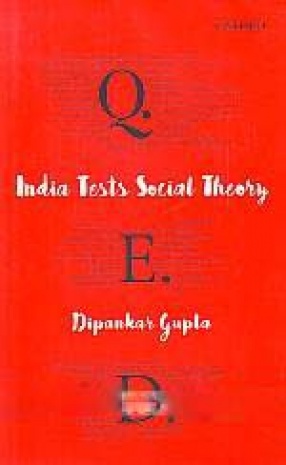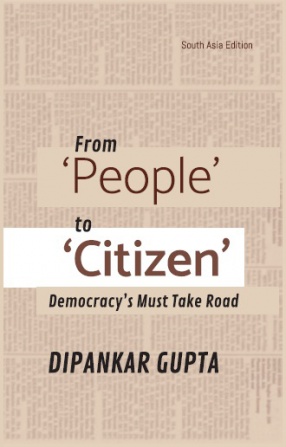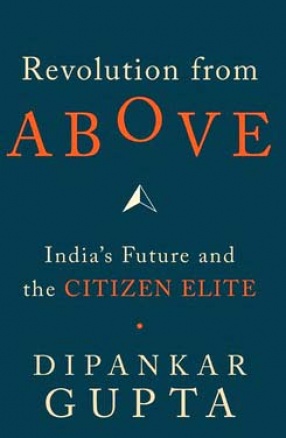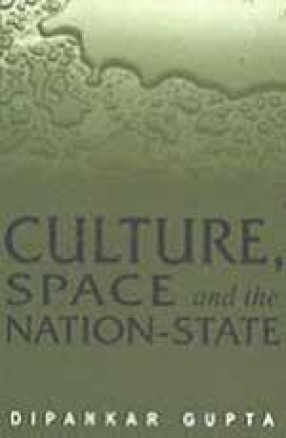Sociology in India enjoys a special epistemological location as the country is at once traditional and modern, rural and urban, and rich and poor. These contradictions pose a challenge to theory-building because they offer instances that are not easy to accommodate at a universal, analytical level.
Taking up unresolved conceptual issues in the fields of health, agricultural unrest, caste, and the understanding of modernity, this volume shows how the many complexities in India should not tempt one to exoticism because that does little to combat social prejudice. If, instead, these unique facets are put to work in order to enhance universal social theory, then that would not only contribute lastingly to knowledge, but also close the distance between peoples.
Making a plea for inter subjectivity and comparative sociology, the essays in this volume emphasize the criticality of engaging with Indian data, so that social theories are put to test across cultures. This should demonstrate how important it is to view the other as one would view oneself.
Contents: Preface. Introduction: inter-subjectivity, theory, and philosophy. 1. Everyday resistance or routine repression? Exaggeration as a stratagem in agrarian conflict. 2. For a sociology/anthropology of illness: towards a delineation of its disciplinary specifics. 3. To transform or to transmorph: from totemism to traffic lights to caste. 4. The metaphors of culture: multiculturalism as a way of everyday life. 5. Caste and politics: identity over system. 6. Cultural clash: ethnic imago s and correlative spaces. 7. Project modernity: the significance of ISO-ontology. 8. Conceptualizing the public and the private: tradition, modernity and ethics. Appendix: caste and race. References. Index.







There are no reviews yet.